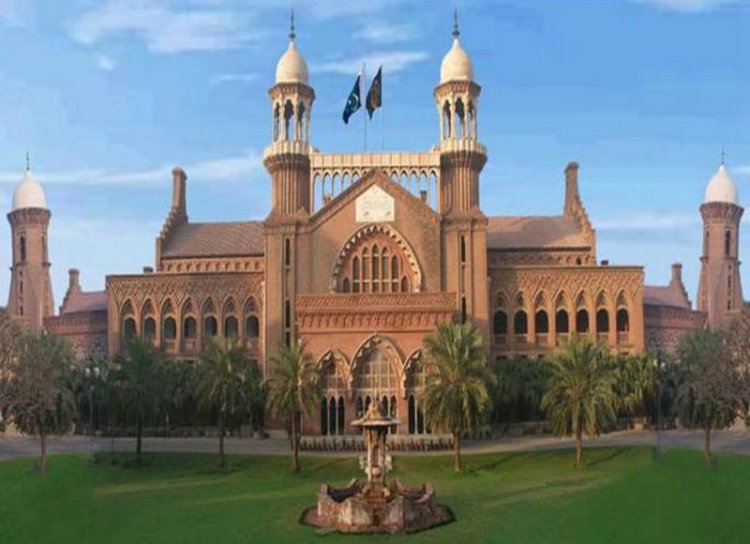Civil service matters not high court domain: SC
Top court sets aside LHC verdict wherein it had ordered Punjab govt to promote a bureaucrat

ISLAMABAD:
The apex court has held that the assumption of jurisdiction by high courts in respect of civil service matters was “unconstitutional and impermissible”.
“[High court] should always be mindful of the jurisdictional exclusion contained under Article 212 of the Constitution,” read a five-page judgment authored by Justice Syed Mansoor Ali Shah in a matter wherein the Lahore High Court had directed the Punjab government "to grant proforma promotion” to civil servant Shamim Usman to grade-20.
“Any transgression of this constitutional limitation will render the order of the high court void and illegal. Therefore, unless the jurisdiction of the tribunal is ousted under section 4(1)(b) of the Act, as described above, assumption of jurisdiction by the high court in respect of matters of terms and conditions of a civil servant is unconstitutional and impermissible.”
Justice Mansoor while authoring the ruling regretted that despite a clear constitutional bar under Article 212 of the Constitution, the matter was not only earlier entertained by the high court but then dealt through a contempt petition.
Finally when the petitioner/department declined the proforma promotion of the respondent, the high court directed the department to do so.
"We cannot lose sight of the fact that non-obstante clauses of Articles 212(1) and (2) begin with ‘notwithstanding anything hereinbefore contained’, thus overriding, inter alia, the constitutional jurisdiction of the high court under Article 199, which is already subject to the Constitution,” the verdict read.
“Article 212(1)(a) provides that a tribunal established under the law will enjoy exclusive jurisdiction in the matters relating to terms and conditions of persons who are or have been in the service of Pakistan, including disciplinary matters.”
The judgment read that the term “terms and conditions” was clearly spelt out in Chapter II of the Punjab Civil Servants Act, 1974 and the rules thereunder.
“Article 212(2) in unambiguous terms states that no other court can grant injunction, make any order or entertain any proceedings in respect of any matter to which the jurisdiction of such administrative court or tribunal extends,” it added.
“[The] scope of jurisdiction and powers of the tribunal are provided in sections 4 and 5 of the Act. The high court, therefore, has no jurisdiction to entertain any proceedings in respect of terms and conditions of service of a civil servant which can be adjudicated upon by the tribunal under the Act. It is only under section 4(1)(b) of the Act that no appeal can lie to a tribunal against an order or decision determining the ‘fitness’ of a person to be appointed or promoted and falls outside the purview of the jurisdiction of the tribunal.”
The judgment read that in order to fall in the exception envisaged under section 4(1)(b) of the Act, the order must determine “fitness” of a civil servant to an appointment or promotion.
“In the instant case, the order under challenge before the high court pertained to the eligibility of the petitioner to be even considered for proforma promotion due to the seniority of a large number of officers awaiting promotion before her and in no manner determined the ‘fitness’ of the respondent.”
The apex court aside the LHC order dated February 10, 2020 and dismissed the constitutional petition of the respondent.
“The respondent is free to challenge order dated 19.11.2012 before appropriate forum, in accordance with law, if so advised.”

 Admin
Admin 






























